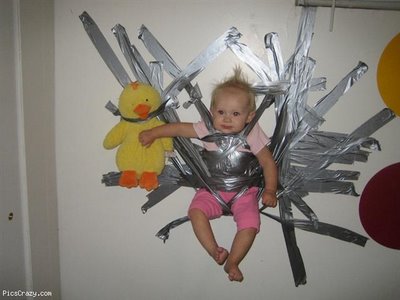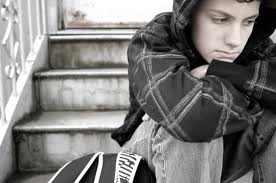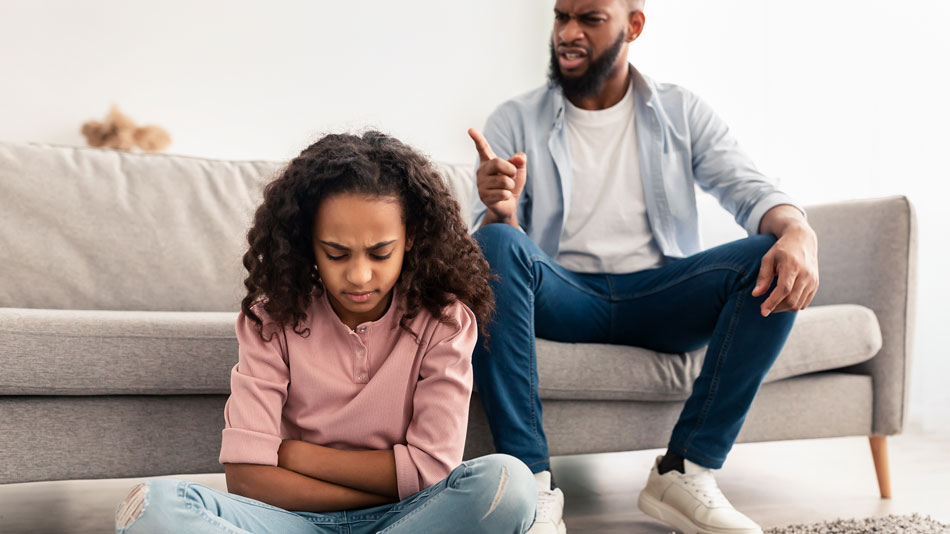 Used to be, parents could do whatever they needed to do to make their children mind. Then Child Protective Services (CPS) came along and parents were told that they could not hit their kids…including spanking. Parents lost their major tool for making kids mind–without being given any replacement options. The main suggestion that is offered is to “take away the things they care about.” Unfortunately this rarely seems to work.
Used to be, parents could do whatever they needed to do to make their children mind. Then Child Protective Services (CPS) came along and parents were told that they could not hit their kids…including spanking. Parents lost their major tool for making kids mind–without being given any replacement options. The main suggestion that is offered is to “take away the things they care about.” Unfortunately this rarely seems to work.
These are the kind of things I commonly hear:
- “We have taken everything from her. She has a mattress on the floor, a sleeping bag, a pillow, limited clothing, and…no door on her bedroom. She still doesn’t mind. Nothing seems to matter. She just doesn’t care about ANYthing.”
- “I have to take away his books and his Kindle–the things he loves–in order to get his attention.”
- “I have to keep her things long enough so that she will follow the rules/do what I say.”
- “He has to earn the right to have his things back.”

- “She doesn’t get to go play outside. It has to hurt enough that she knows I’m serious.”
- “He is grounded for the next month. No friends, no electronics, no nothing. He just needs to think about what he has done wrong.”
Any of that sound familiar? Either as a strategy you’ve tried or as what you grew up with? Did it work? Do you remember when you were a teen? And what worked or didn’t work with you?
 Okay. So…You can’t “hit” your kid. Taking things and privileges doesn’t work. What can you do?
Okay. So…You can’t “hit” your kid. Taking things and privileges doesn’t work. What can you do?
First, let’s look at the difference between punishment and discipline.
The goal of punishment is to make sure that it hurts enough that kids won’t forget and won’t misbehave again. It is an external motivation for attempting to control our kids. What most kids “learn” from punishment is how to do a better job of lying or how to be sneakier and not get caught.
The root of the word discipline is “disciple” which means, “to teach”. When we discipline our children we want them to learn something; we are helping them learn. We are creating internal motivation.
These are the elements that separate discipline from punishment. We all learn best when things make sense. It is easier to learn when the atmosphere is friendly. So stay calm (or wait until you are). Focus on “What do I want my kid to learn? How can I help him learn?” rather than, “How can I make sure this hurts enough that my kid won’t forget?” Don’t invite your children to defy you; invite them to learn.
Discipline doesn’t have to hurt to be effective…in fact, it is usually more effective if it doesn’t hurt.
(This is part one of the series “Discipline Doesn’t Have To Hurt.”)
Want more tips and hints? Check out “Upcoming Workshops” or “Problems with Teens”.

